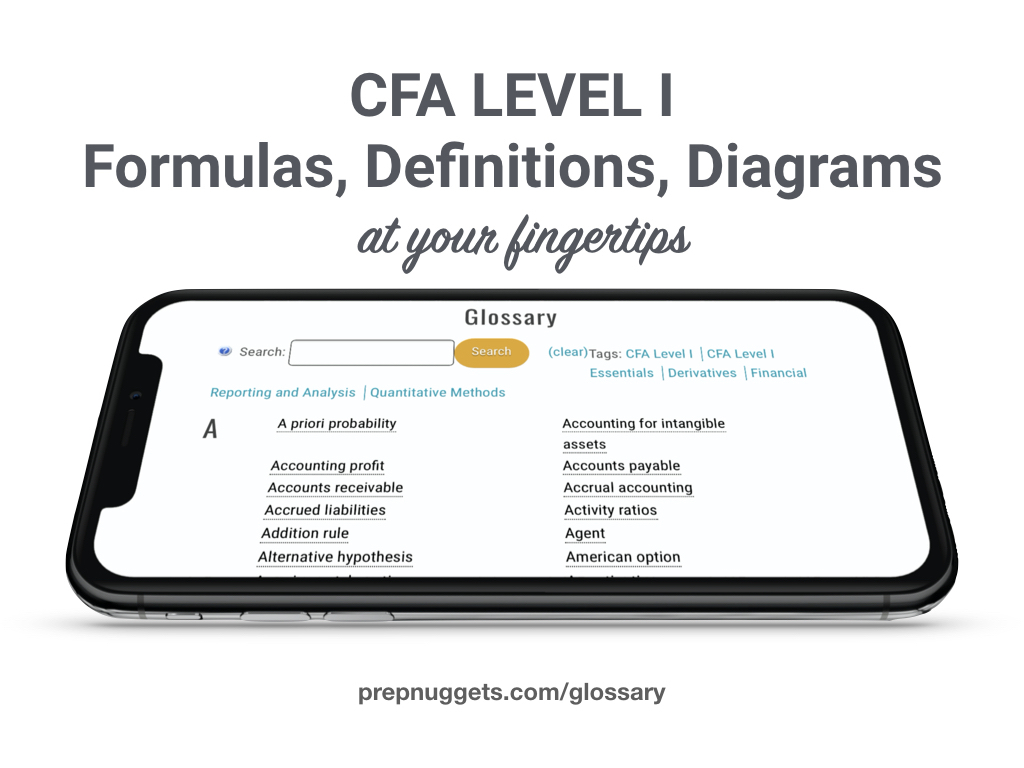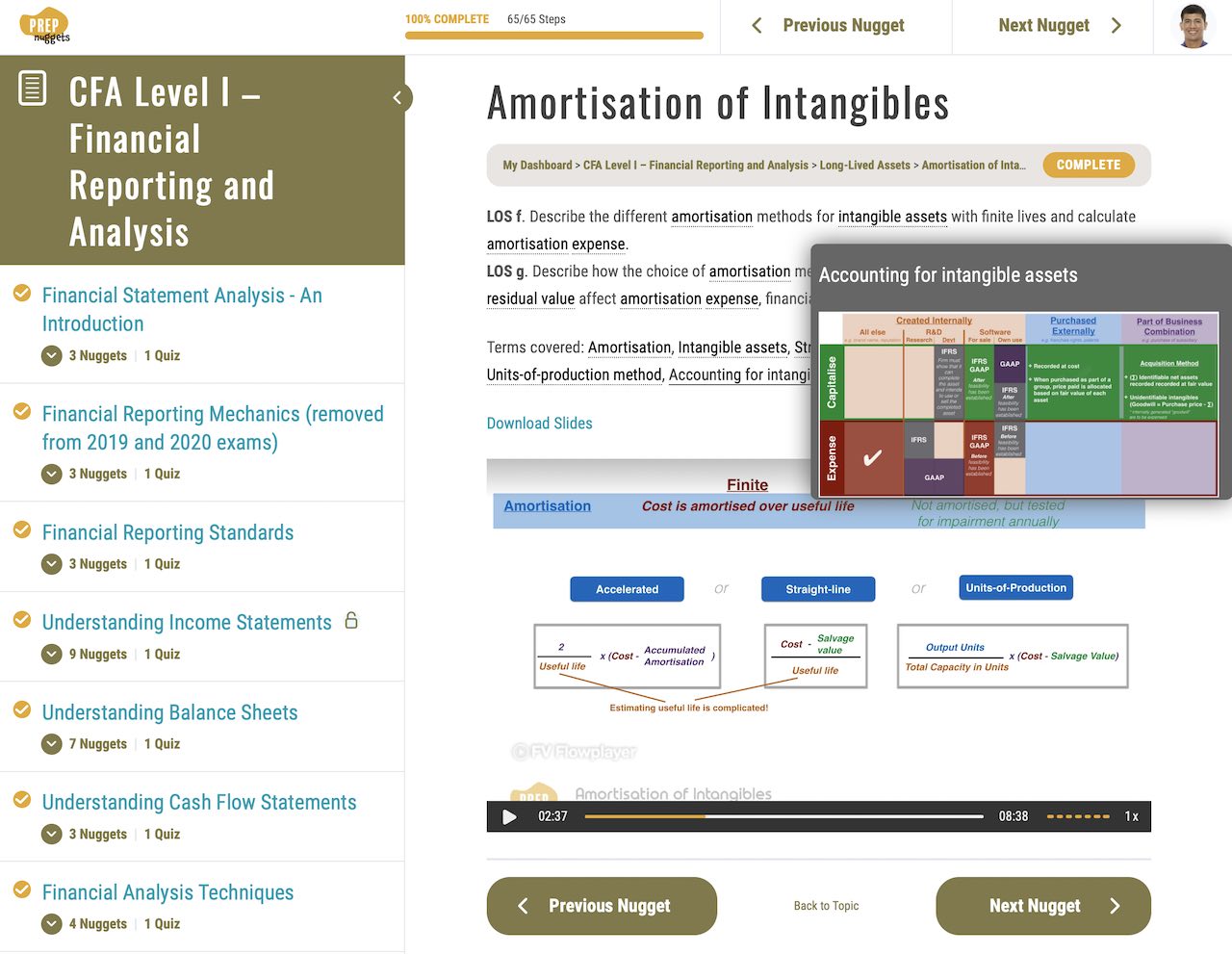Primary Markets Explained | CFA Level I Equity Investments
Today, we’ll dive into the fascinating world of primary markets. We’ll cover everything from initial public offerings to private placements, and even take a look at some government-issued securities.
Primary vs. Secondary Markets
Before we begin, it’s important to understand the key distinction between primary and secondary markets.

- Primary markets: Involves the sale of newly issued securities. If it’s the company’s first time issuing shares to the public, it’s called an Initial Public Offering (IPO). Otherwise, they are known as seasoned offerings or secondary issues.
- Secondary markets: Occur when investors trade these securities among themselves after the primary issuance.
Public Offerings and Private Placements
Primary offerings can be either public or private:

- Public offerings: These are typically assisted by an investment bank that helps disseminate information about the issuer and gather indications of interest through a process called book building. Public offerings can be either underwritten or best-efforts offerings.
- Private placements: Securities are sold directly to a small group of qualified investors, often with the help of an investment bank. These placements require less disclosure and may have lower issuance costs but can result in higher required returns for investors.
Underwritten vs. Best-Efforts Offerings
Let’s dive deeper into the two types of public offerings:

- Underwritten Offering: The investment bank takes on the role of an underwriter, agreeing to purchase the entire issue at a negotiated price. If the issue is priced too high or too low, it may be undersubscribed or oversubscribed, respectively. Underwritten offerings can result in IPOs being underpriced, also known as a hot issue.
- Best-Efforts Offering: The investment bank doesn’t commit to purchasing the whole issue but acts as a broker to issue shares to interested investors. If the issue is undersubscribed, the issuer may not raise the desired amount.
Other Primary Market Activities
Besides public offerings and private placements, primary markets also involve:
- Shelf registrations: Firms register securities for issuance but only issue them over time when they need capital and market conditions are favorable.
- Dividend reinvestment plans: Shareholders can use their dividends to buy new shares from the firm at a slight discount.
- Rights offerings: Existing shareholders have the right to buy new shares at a discount to the current market price. This can lead to ownership dilution if they don’t exercise their rights.
Government-Issued Securities
In addition to firms issuing securities, governments issue short-term and long-term debt through auctions or investment banks.
✨ Visual Learning Unleashed! ✨ [Premium]
Elevate your learning with our captivating animation video—exclusive to Premium members! Watch this lesson in much more detail with vivid visuals that enhance understanding and make lessons truly come alive. 🎬
Unlock the power of visual learning—upgrade to Premium and click the link NOW! 🌟









